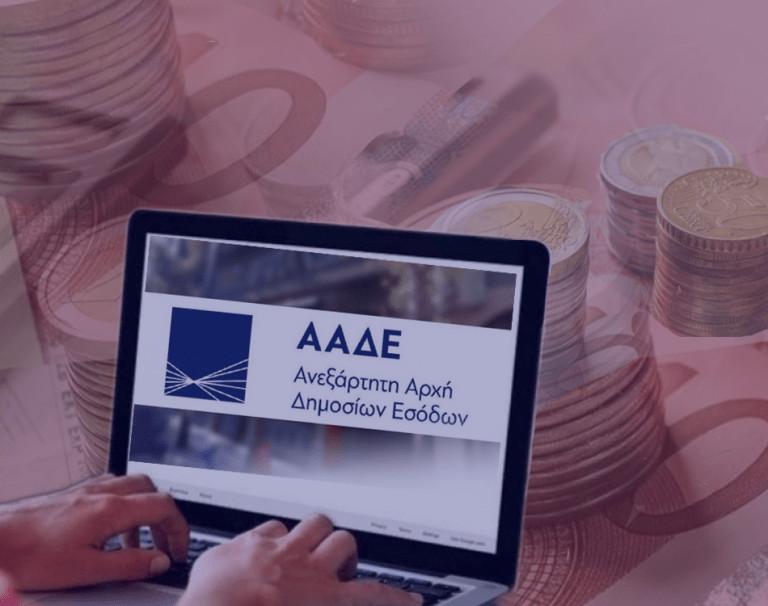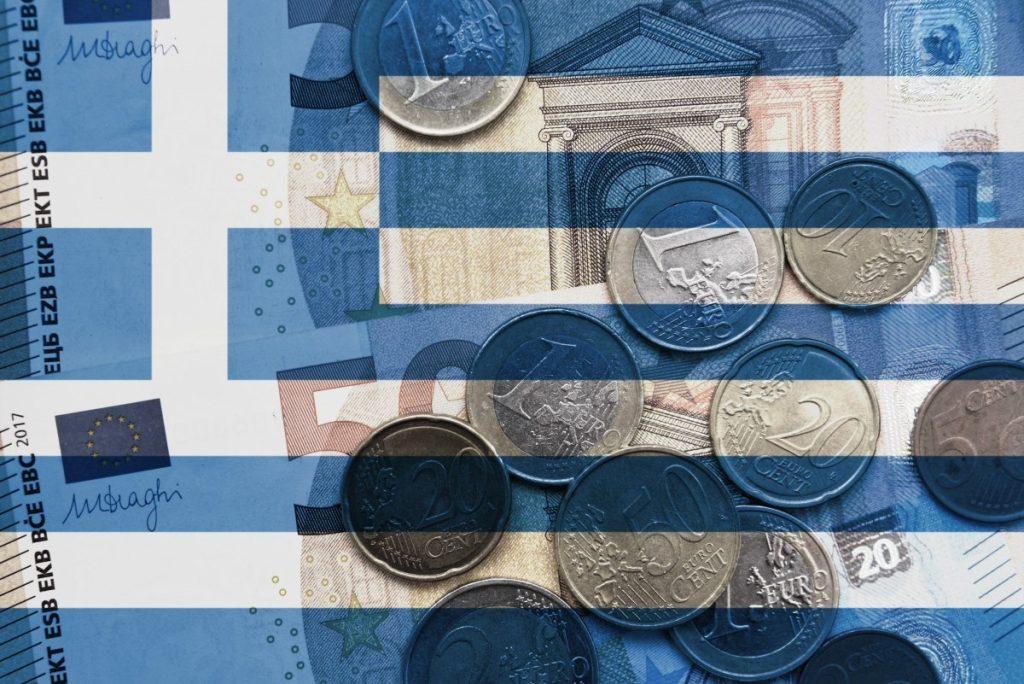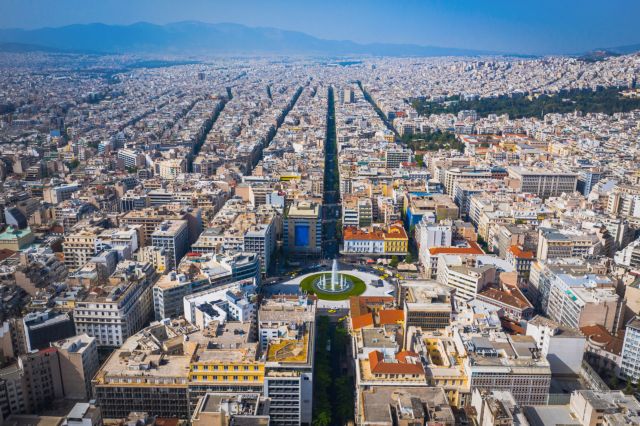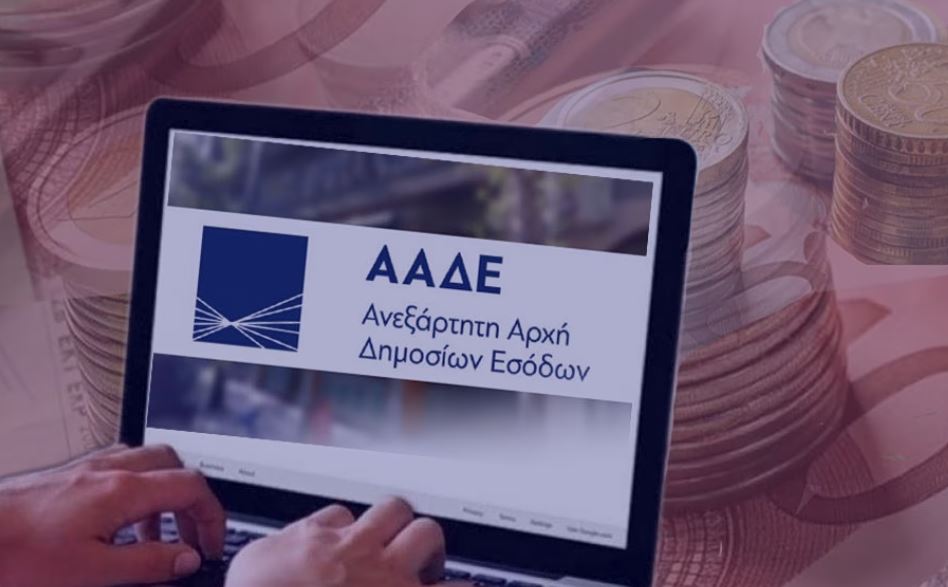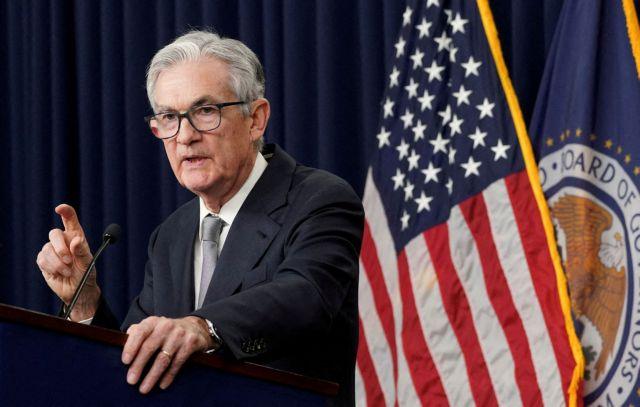An exclusive article by the financial newspaper Handelsblatt on the public debt of Eurozone countries and the Commission’s plans refers in particular to Greece.
As the article notes: “The Commission wants to monitor more closely the reduction of debt in the Eurozone in the future and also to give national governments more flexibility. According to Handelsblatt information from Brussels, each government will in the future have to agree with the Brussels authorities on a specialized, multi-year debt reduction plan. The Commission is thus adapting the Stability and Growth Pact to the new reality after the coronavirus pandemic. Brussels maintains a debt ceiling of 60% of GDP as a long-term target. However, the Commission wants to introduce a new gradual target of 90% for so-called high-risk countries such as Italy and Greece.”
Read also: Greek economy can prevail without a new exit to markets
And the article continues: “These Eurozone countries are under increased pressure to become stricter until they have reduced their debt to 90%. They will have to find a sustainable way to reduce the debt within the next four years. The Commission will likely present its proposal to reform the Stability and Growth Pact in November. Until now it wanted to present the plan at the end of October, but internal agreements must come first. The Stability and Growth Pact has been suspended since the beginning of the coronavirus pandemic in the spring of 2020. It is scheduled to enter into force again in 2024, but in a form that will contain new reforms.”



